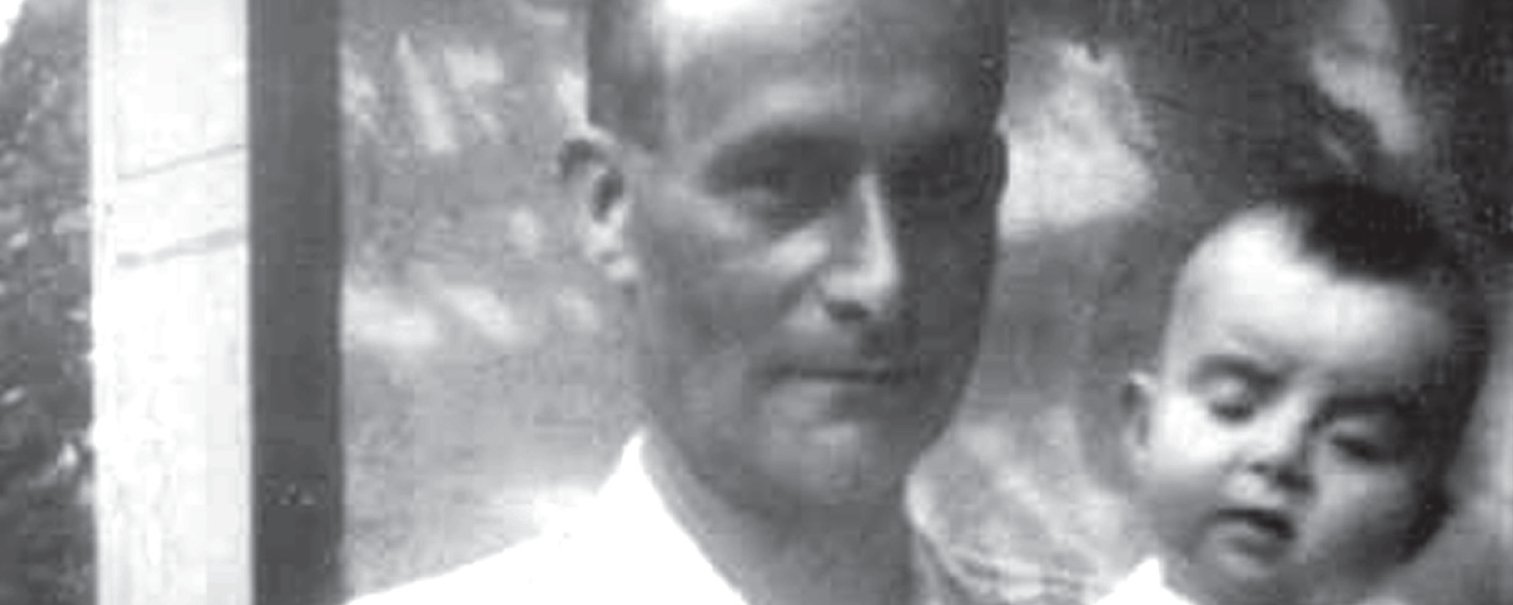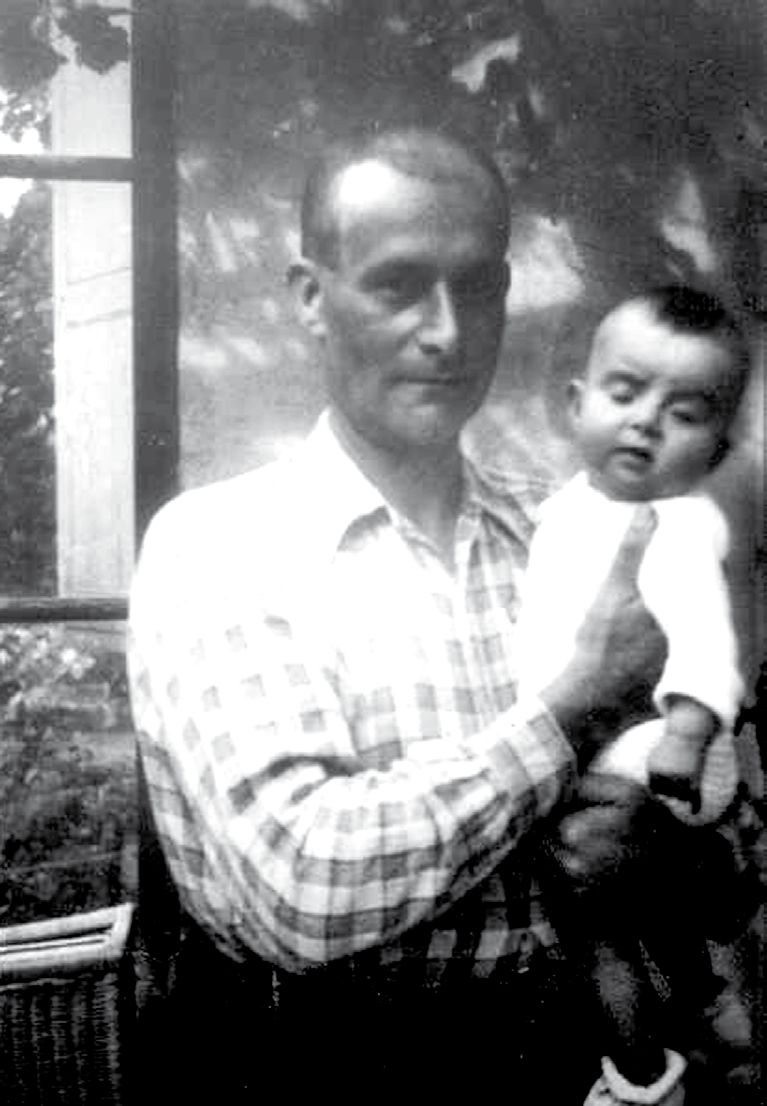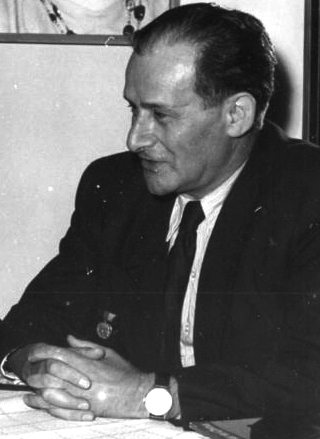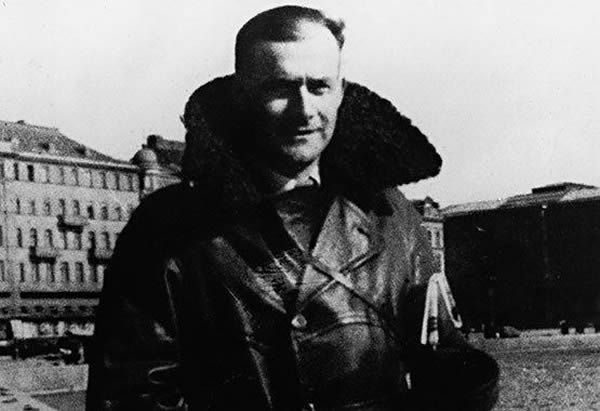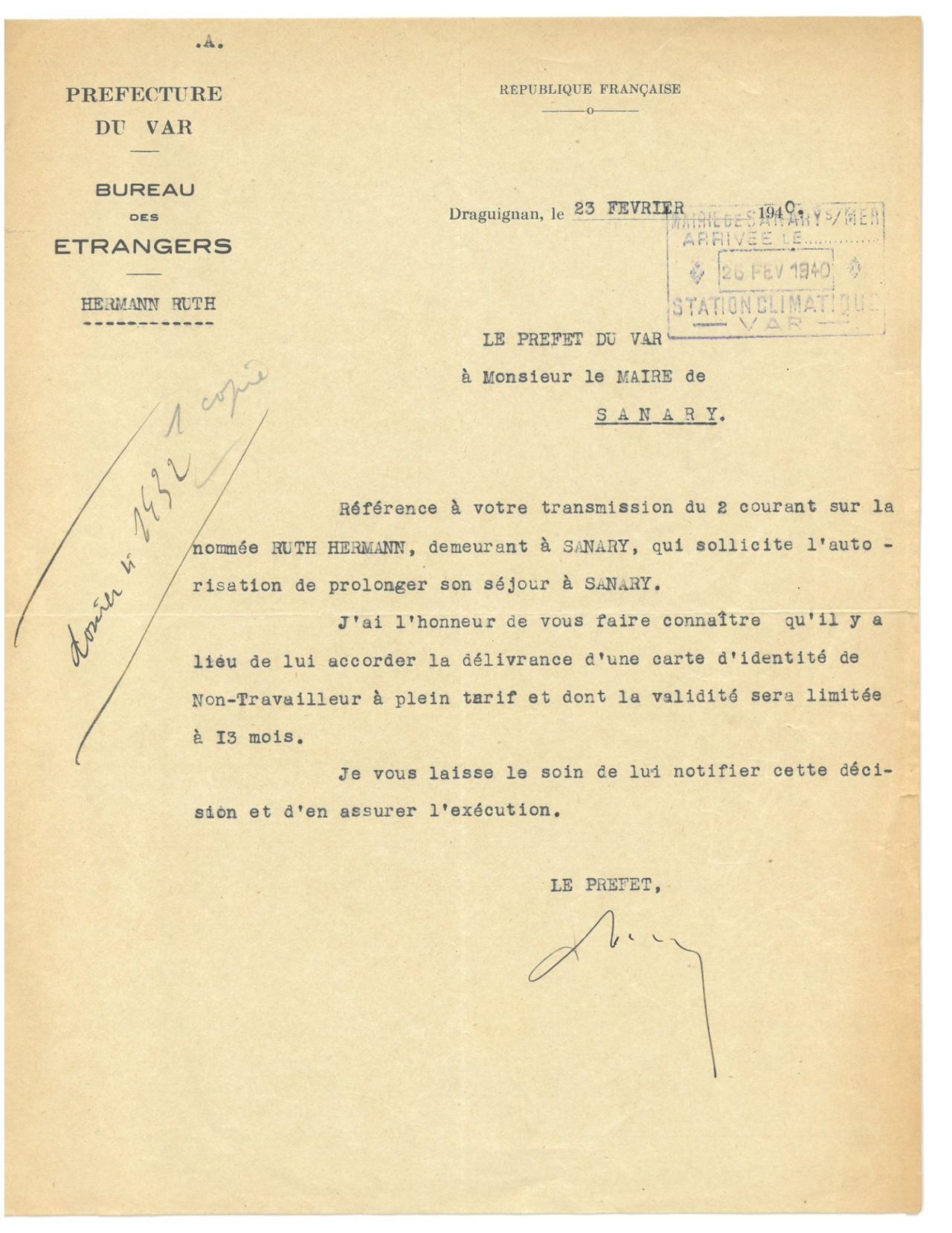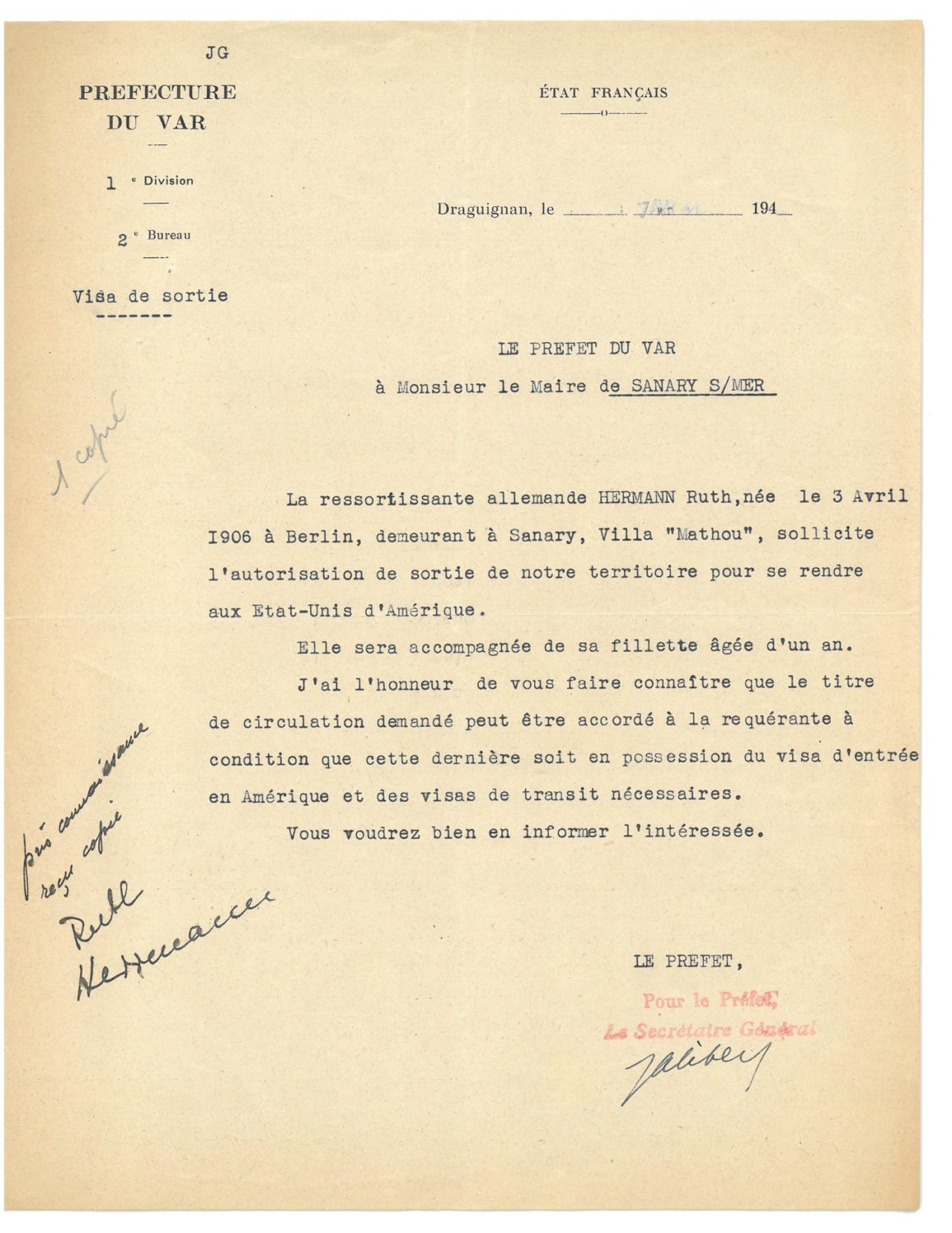Friedrich Wolf (1888-1953)
Writer and homeopathic doctor, a convinced atheist and humanist Jew, a believing communist and fervent pacifist fighting for a more just world, Friedrich Wolf must leave Germany when Hitler comes to power. He first takes refuge in Switzerland, then in France, and finally in 1934, in the USSR with his wife and two sons.
His son Markus becomes, after the Second World War, the famous master-spy of the GDR who will cause the fall of Chancellor Willy Brandt. In 1938, fearing being arrested by Stalin’s agents, Friedrich Wolf tries to join the international brigades in Spain, but remains stuck in Paris, then in Sanary. When the war breaks out, he is interned in the Vernet camp and then transferred to Les Milles. In 1941, upon intervention from the USSR, he is released and reunited with his family in Moscow.
Doctor in homeopathy Friedrich Wolf is one of the first doctors to heal using natural remedies. He is also a playwright of socially-engaged plays. He does not hide his political opinions, he is a committed communist, “Art is a weapon” is his motto. In 1929, he publicly protests against §218 of the penal code which criminalizes abortion. Wolf is a fascinating, combative, charismatic character and probably a Don Juan. After his death in 1953, he leaves seven children, three of whom are born out of wedlock.
Involved as a medical officer in the troops in the Great War, he is faced with death and suffering, giving rise to a deep pacifist commitment in him. In 1931, he made his first trip to Russia at the invitation of the USSR Health Service for a skills exchange. He also participates in the congress of writers of the Russian Federation. With Hitler coming to power, Wolf, being a communist and a Jew, has to leave Germany. Passing through Austria and Switzerland, he arrives at the island of Bréhat in France, where he writes his novel “Professor Mamlock” and others. In 1934, he goes into exile with his second wife Else and his sons Markus (future chief-spy of the GDR) and Konrad (future renowned filmmaker of the GDR) in Russia. While mother and sons quickly obtain Soviet citizenship, the father has to wait until 1941 for it to be granted to him.
In 1938, during the ‘Great Terror’ directed by Stalin, Wolf tries to join the International Brigades in Spain to be useful as a doctor. However, he remains stuck in Paris and then in Sanary where he notably mingles with Lion Feuchtwanger and Franz Werfel. He settles in a studio above Café Schwob (currently Café Le Nautique) and shares his life with Ruth Herrmann, a Berlin Jewish immigrant he met on his 50th birthday in Paris. Dubbed ‘the doctor-poet’ by Alma Mahler-Werfel, he treats exiles for free and rigorously organizes his day around his writing and physical activities. Every day, he elegantly goes to the beach to dive, then plays a game of chess with his friends. After that, he returns home to continue his writing.
In 1939 and 1940, Friedrich Wolf was interned at the Vernet camp in Ariège, one of the worst in France. During his second internment, Ruth Herrmann gave birth to their daughter on May 13, 1940, at La Seyne-sur-mer hospital. At that time, the French authorities were very strict in searching for German nationals, even controlling hospitals. But thanks to the solidarity of the medical staff, Ruth and the child escaped deportation.
At the end of 1940, Friedrich Wolf was transferred to the camp of Les Milles in Aix-en-Provence, then temporarily released to be able to organize his departure to a neutral country. Since August 1940, a visa was waiting for him at the Soviet Embassy in Vichy, but he could not retrieve it due to the necessary authorizations to move in the free zone. He then reunites with Ruth and their little Catherine in Sanary and they celebrate Christmas 1940 together, but in precarious conditions. A few weeks later, Ruth leaves with their daughter and friends to Cuba. Friedrich Wolf managed to escape the nazis in March 1941, under a false identity with a Soviet passport, and joins his wife Else and their two sons in Moscow.
In 1945, at the end of the war, Friedrich Wolf returned to Berlin and became involved in building socialist Germany. He made himself available as a politician and was appointed head of the GDR’s diplomatic mission in Poland. In 1950, he became the first GDR ambassador to Warsaw, holding the position for eighteen months. He then resigned to devote himself entirely to his cultural activities. However, he did not have much time left, as his heart could no longer withstand constant strain. Friedrich Wolf died of a heart attack on October 5, 1953, in the study of his house in Lehnitz near Berlin.
TO FIND OUT MORE
The Jacques Duhamel multimedia library in Sanary-sur-Mer has a collection of books on the theme of the memory of exile in Sanary.

